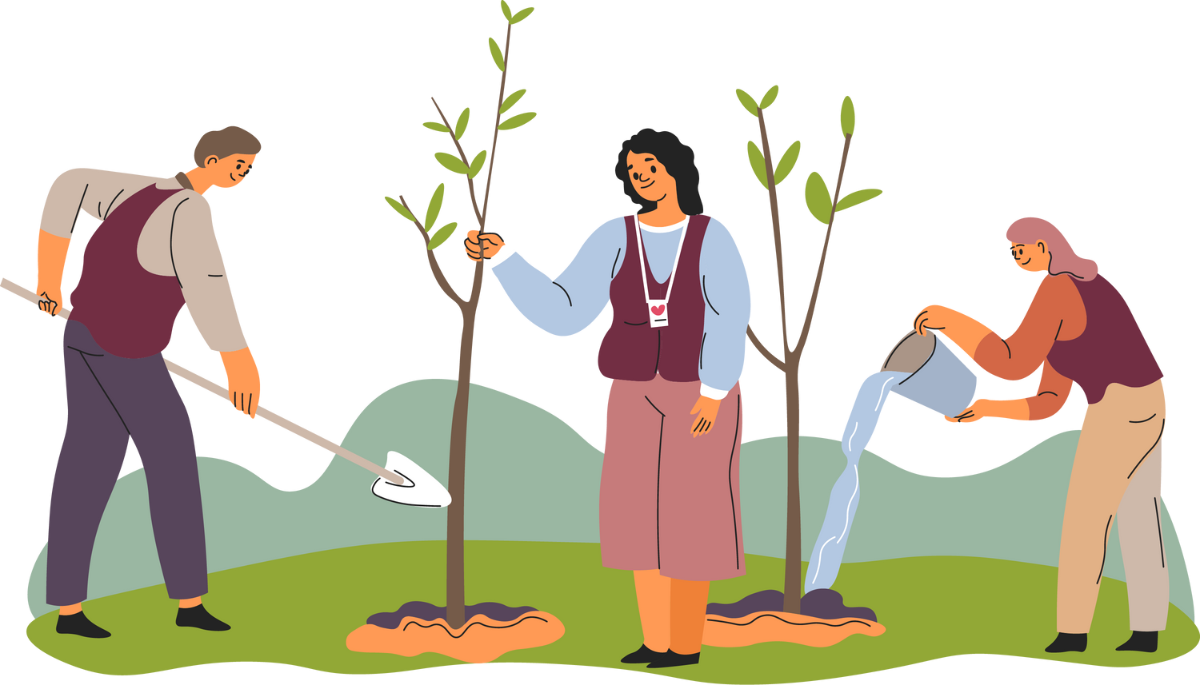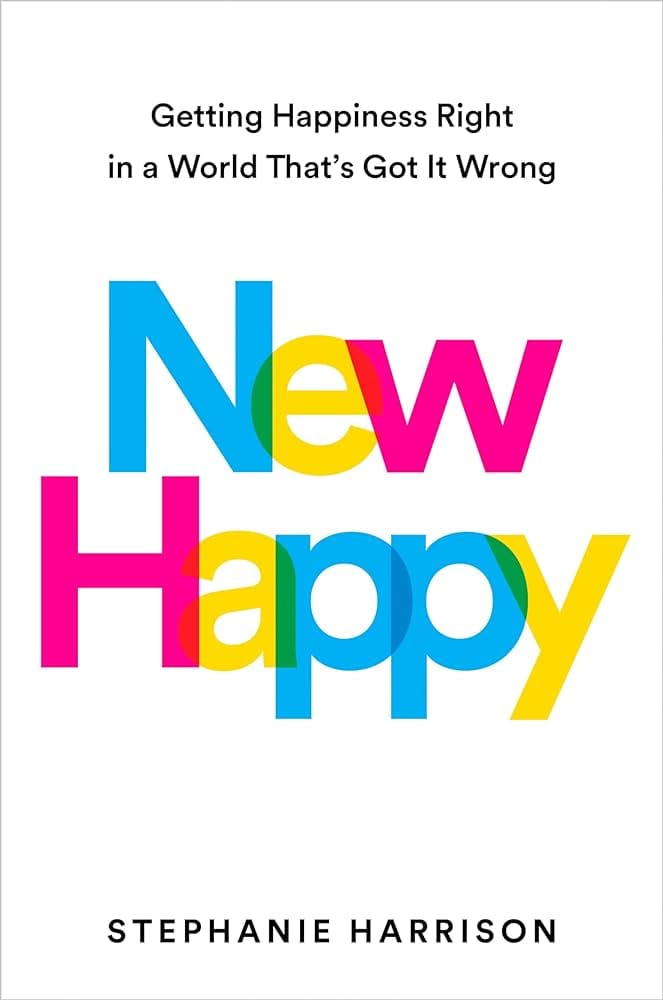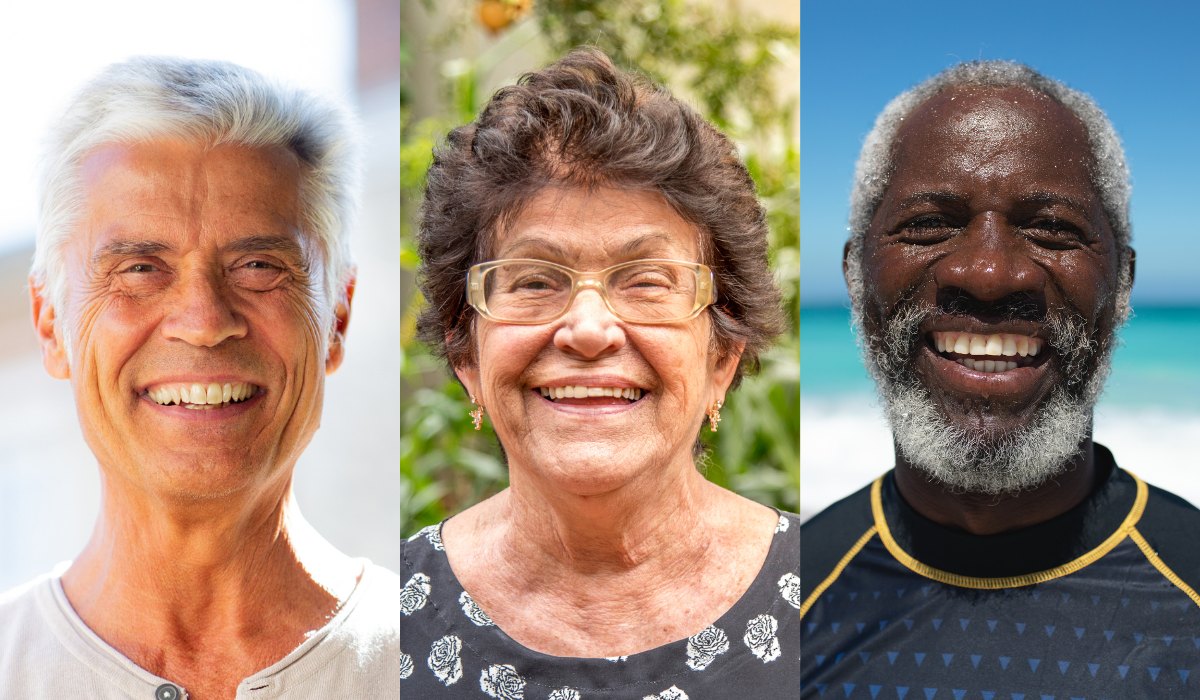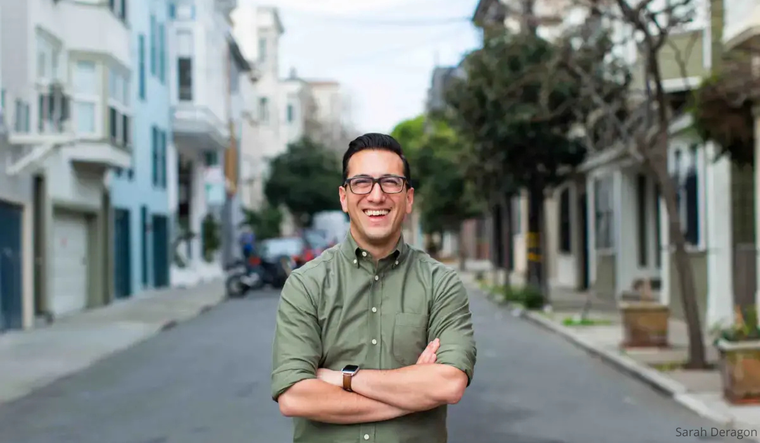The New Science on Aging with Joy
When I was younger, I believed that happiness happened to you. But no matter what I did, I never experienced any sort of purpose or joy. That's because I was thinking about happiness all wrong. After ten years of studying the science of well-being, I have learned that happiness is a skill, something that you do. Just like any other skill, it can be cultivated.
Many of us worry that our joy will fade as we grow older. But my research has proved the opposite: as we age, we have the opportunity to master the skill of happiness. In the course of researching my book, New Happy, I identified five key shifts that will help you to grow older with strength and joy. Start using them today, and you'll reap the rewards for all of the years to come.
1. Instead of judging yourself, treat yourself with love
From an early age, we are conditioned into incorrect beliefs that tell us who we need to be to be happy. One of the most toxic is the idea that you have to perfect yourself and that this perfection is achieved through constant self-criticism. This never works; it only leads to suffering. If we want to be happy, we must learn to treat ourselves compassionately. Not only is this associated with better mental health but longevity, too, with one 2020 study finding that self-acceptance decreases mortality risk by 19 percent.
2. Instead of striving to achieve, make a contribution
Another conditioned belief is that achievements and success lead to happiness. One benefit of getting older is accumulating enough life experience to challenge this belief. Think back on any major successes you have had. Did they make you lastingly happy? Usually, we feel good for a day or two and then quickly set our sights upon some new achievement that we believe will make us happy this time.
Your desire to work towards goals is wonderful, but research shows it's far better to channel that energy towards contributing to others or the world. Who can you help? You might find a greater purpose in your work, your community, or with your family. Helping others ends up helping you. Volunteering is associated with a host of psychological health benefits, and some research indicates that having a purpose is associated with a reduced risk of dementia.

3. Instead of worrying about your weaknesses, lean into your strengths
In my book, I argue that every human being possesses three types of gifts: humanity, wisdom, and talent.
Your humanity is who you are as a person, your very best qualities like your compassion, humor, and patience. As you get older, you gain greater mastery of these qualities, allowing you to serve as a role model for others.
Your wisdom is what you have learned through your unique life experiences, both the wins and challenges. Seek to pass your lessons learned down to the next generation.
Your talents are what you do, which could be a specific set of work skills, a hobby like gardening, or an art like painting. As you enter new phases of your life, consider how you can use your existing talents in new ways. For example, if you're retiring from your role as a manager at your company, could you find a local nonprofit that needs your leadership and organizational talents?
4. Instead of trying to go it alone, surround yourself with others
Scientists agree that one factor matters the most for our happiness: our relationships with other people. As we get older, it can become easier to isolate ourselves from others or lose touch with the people who matter most to us. This has devastating results: One 2023 study found that the less satisfied you are with your relationships, the more likely you are to develop chronic conditions. Spend time every day nurturing your connections with loved ones and building new ones. It's an investment that supports your health and happiness.

5. Instead of staying still, keep moving forward
As we get older, we tend to stop focusing on personal growth. We start saying things to ourselves like, "This is just who I am," and "It's too late to change." But time brings change, and every year of your life offers the opportunity to evolve into a greater version of yourself.
Put this idea into practice by choosing one new pursuit to focus on every year of your life. You might try to become a better cook, learn a language, or expose yourself to a new genre of art. It's never too late to prioritize what brings you happiness.

Stephanie Harrison is the founder of The New Happy. She works with organizations of all sizes worldwide, from global corporations to executive retreats, delivering powerful keynotes that teach the science of happiness and how to apply it within your organization. Learn more at thenewhappy.com.
Please note that we may receive affiliate commissions from the sales of linked products.



